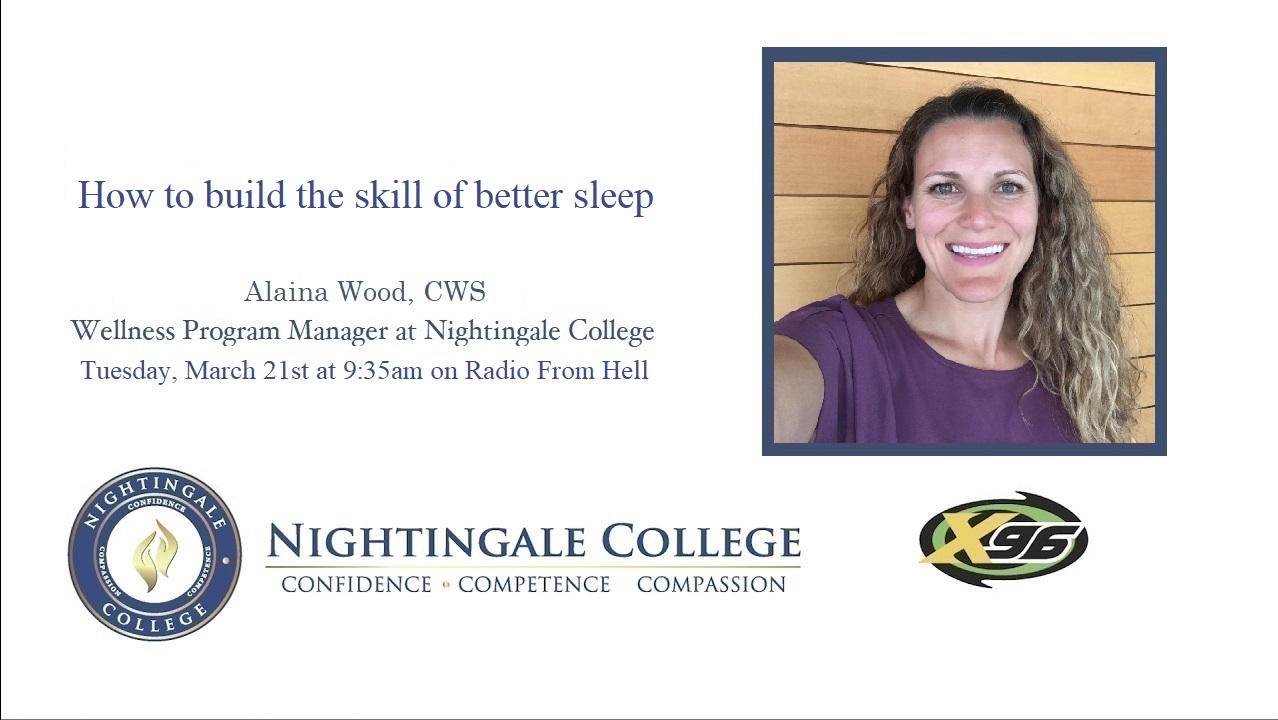
How to build the skill of better sleep
Getting a good night’s sleep is one of the best ways to improve your overall health and wellbeing and improve your mood each day. For many, sleep does not come easy. In part, getting a good night’s sleep is a skill we can practice and learn. Here are some basic skills to work on getting longer and deeper sleep.
· Aim for at least 7 hours and sleep and work in increments to gradually increase sleep time.
o Try adding just 15-20 minutes at a time to your regular sleep schedule and slowly build up to the desired sleep duration.
· Create a sleep ritual.
o Read a calming book, stretch your body, or write out tomorrow’s to-do list. Any calming activity will do.
o Turn off electronics. It is suggested to stop using electronics at least 30 minutes before bedtime. If possible, leave them in another room while sleeping.
o Practicing your ritual regularly will inform your body that it is time to begin preparing for sleep.
· Create an energizing morning routine.
o Wake up slowly using gradual sound and/or light.
o Do some light movement such as stretching or walking.
o Try to get natural light exposure as soon as possible upon waking.
· Create a sleep sanctuary.
o Get comfortable pillows and bedding.
o Use a white noise machine.
o Find the ideal sleep temperature (usually between 60-67 degrees Fahrenheit)
· Talk to your doctor.
o If you have tried everything and are still unable to sleep, there might be an issue that needs support from your healthcare team.
o It might be blocked airways or high anxiety that are keeping you up at night, and these are best addressed by a healthcare professional.
Remember, our bodies are designed for sleep, but it might take some time to get the environment and habits just right for you. Try to make sleep a priority and give your body and mind time to transition to your new sleep habits and patterns. As always, take it one step at time and give yourself lots of grace.
https://www.precisionnutrition.com/hacking-sleep https://www.precisionnutrition.com/sleep-problems https://nightingale.edu/










